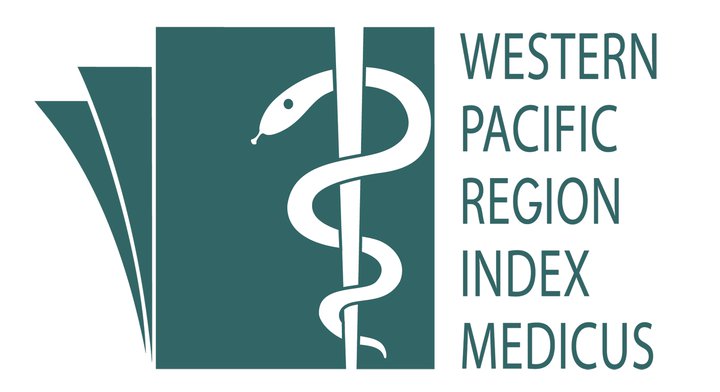The Policy Analysis of Non Transmitted Disease Integrated Post In The Regency of Sukoharjo Indonesia
Keywords:
implementation, policy, integrated development post of non-transmitted diseaseAbstract
Introduction   This research is aimed at analyzing the implementation of Integrated Development Post of Non-Trasmitted Diseases viewed from idealized policy, targeted group, implementing organization and environment factors.
Methods          This research was conducted in the villages of Triyagan and Laban. The data was collected through depth interview, observation, and documentation. The data were analyzed using interactive analysis (Miles&Huberman).
Results            The findings of the research show that the policy implementation of the integrated development post of non-transmitted diseases has not fully applied the components from the policy component. The condition caused this problem are unideal number and role of the cadres, lack of guidance from the community health center, economic factor.
Conclusions    So it can be concluded that the policy implementation of integrated development post of non-transmitted disease is not maximum yet.
Keywords       :implementation, policy, integrated development post of non-transmitted disease
References
World Health Organization., WHO Global Observatory for eHealth. Legal frameworks for eHealth : based on the findings of the second global survey on eHealth. World Health Organization; 2012. 84.
Dinas Kesehatan Provinsi. Profil Dinas Kesehatan Provinsi Jawa Tengah. Semarang; 2015.
Rusdiyanti I. Factors That Influence The Activity Of Visited Integrated Posting Most Of Diseases In The Village. 2018;1(2):51–8.
Prevention SFOR, Diseases COFN. Integrating mental health with other non-communicable diseases. 2019;13–6.
Primiyani Y. Analisis Pelaksanaan Program Pos Pembinaan Terpadu Penyakit Tidak Menular di Kota Solok. J Kesehat Andalas. 2018;8(2):399–406.
Fuadah DZ, Rahayu NF. Utilization Of Integrated Posted Cooperation (Posbindu) of Non-Communicable Disease of Patients with Hypertension. J Ners dan Kebidanan. 2018;5(1):20–8.
Oecan. Use of Healthcare Services by Patients with Non-Communicable Diseases in Nepal : A Qualitative Study with Healthcare Providers. 2017;1–5.
Haniek,Umayana. Dukungan Keluarga dan Tokoh Masyarakat Terhadap Keaktifan Penduduk KKe Posbindu Penyakit Tidak Menular. 2015;11(1):96–101.
WHO. Integgrated Health Service -. 2008;(1):1–10.
Apatu E, Hamadi H, Abrams JA, Metzger IW, Spaulding A. Association between hospital community services and county population health in the USA. 2018;(April):1–9.
Kementerian Kesehatan RI. Petunjuk Teknis Pos Pembinaan Terpadu Penyakit Tidak Menular. Jakarta: Direktorat Jendral Pengendalian Penyakit Penyakit Tidak Menular; 2012.
Buabeng C, Andoh. Factors influencing teachers ’ adoption and integration of information and communication technology into teaching : A review of the literature Charles Buabeng-Andoh. IJEDICT. 2012;8(1):136–55.
Sunartyasih CMR, Linda B. Hubungan Kendala Pelaksanaan Posbindu Dengan Kehadiran Lasia. Pros SNaPP. 2019;195–202.
Ratna DW, Savitri M. Faktor-faktor yang berhhubungan dengan pemanfaatan posbindu penyakit tidak menular (ptm) di wilayah kerja puskesmas kecamatan setiabudi kota jakarta selatan tahun 2018. J Kebijak Indones. 2018;7(2):49–56.
Kiting RP, Ilmi B. Faktor yang berhubungan dengan kinerja kader posbindu penyakit tidak menular. 2015;4(1):106–15.
Published
How to Cite
Issue
Section
License
IJPHR applies the Creative Commons Attribution (CC BY) license to articles and other works we publish. If you submit your paper for publication by IJPHR, you agree to have the CC BY license applied to your work. Under this Open Access license, you as the author agree that anyone can reuse your article in whole or part for any purpose, for free, even for commercial purposes. Anyone may copy, distribute, or reuse the content as long as the author and original source are properly cited. This facilitates freedom in re-use and also ensures that IJPHR content can be mined without barriers for the needs of research.






